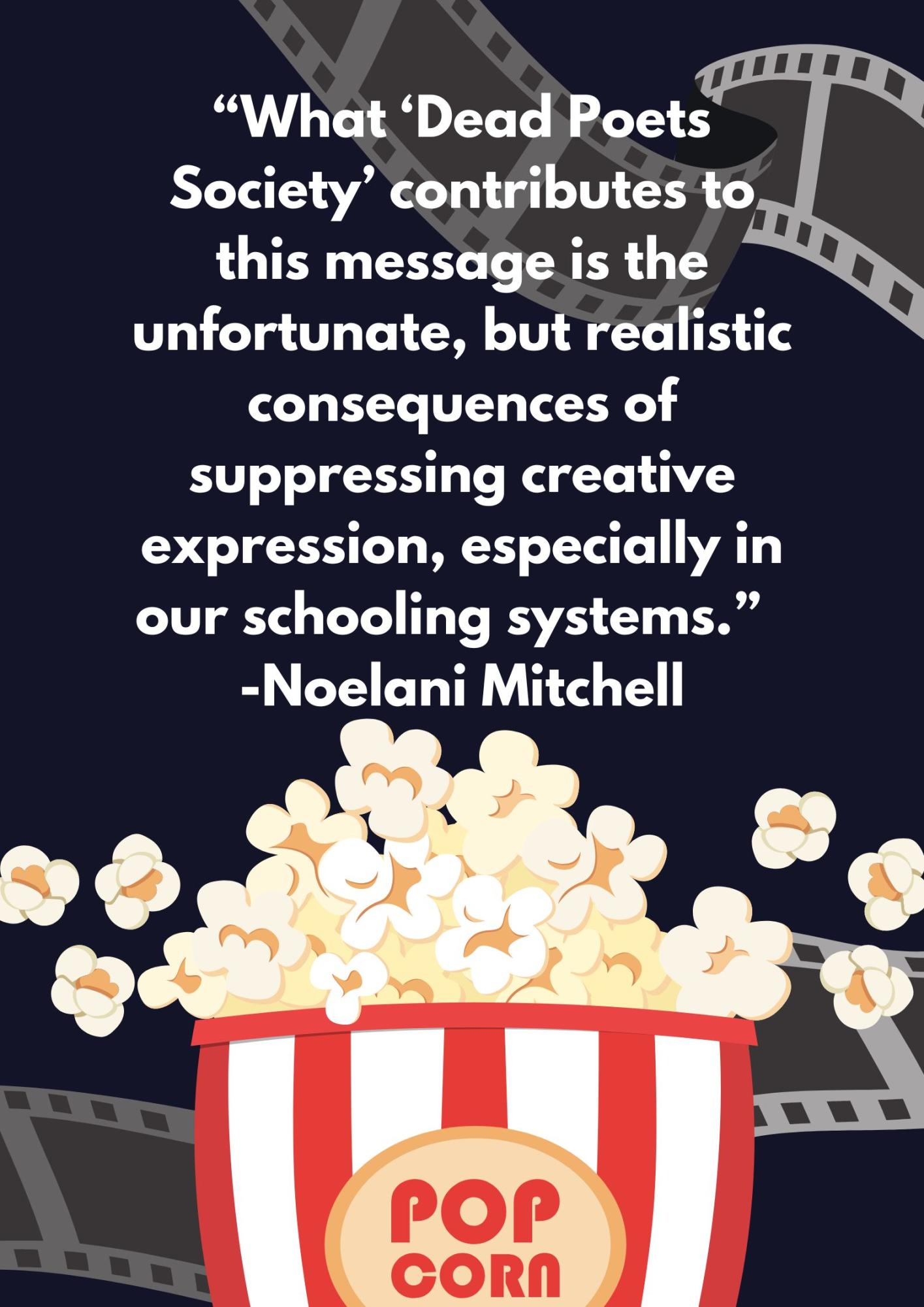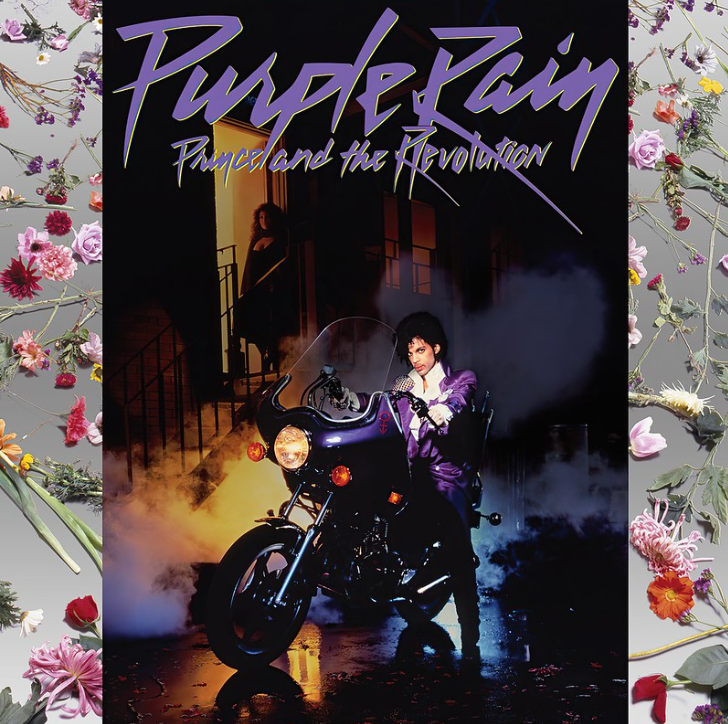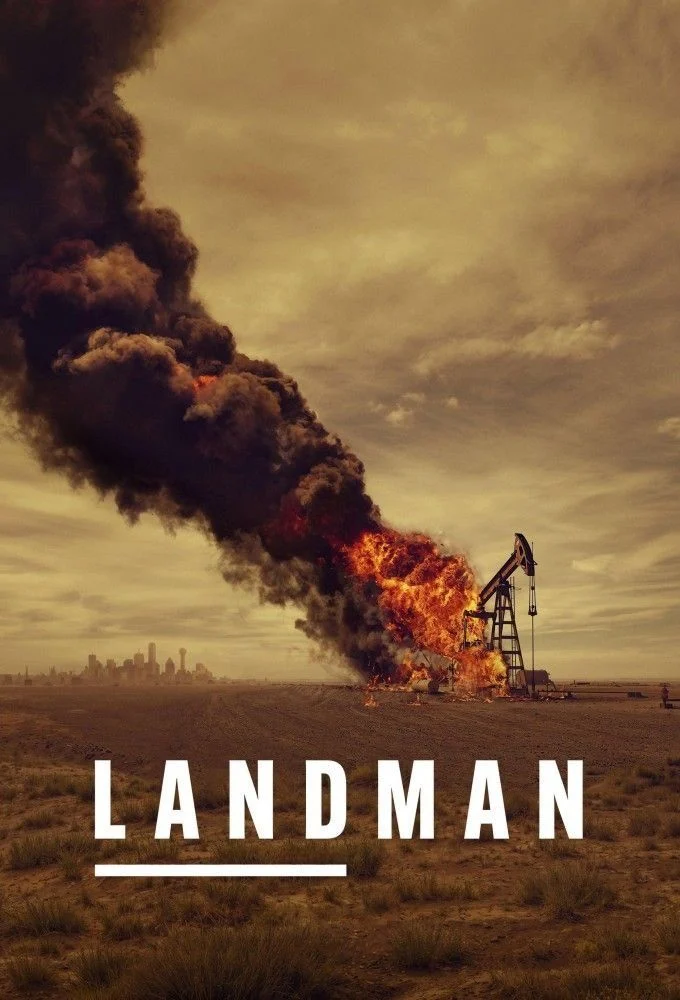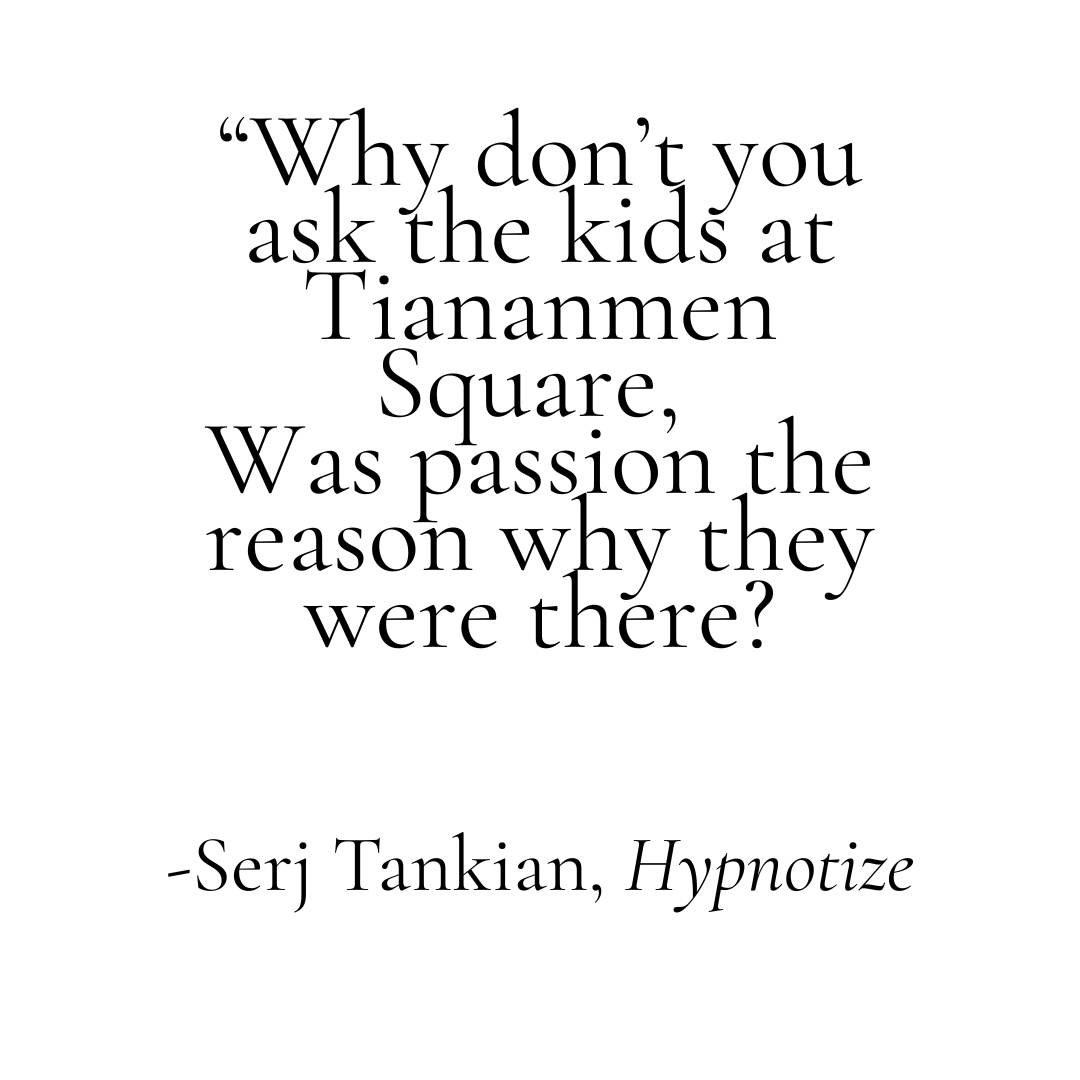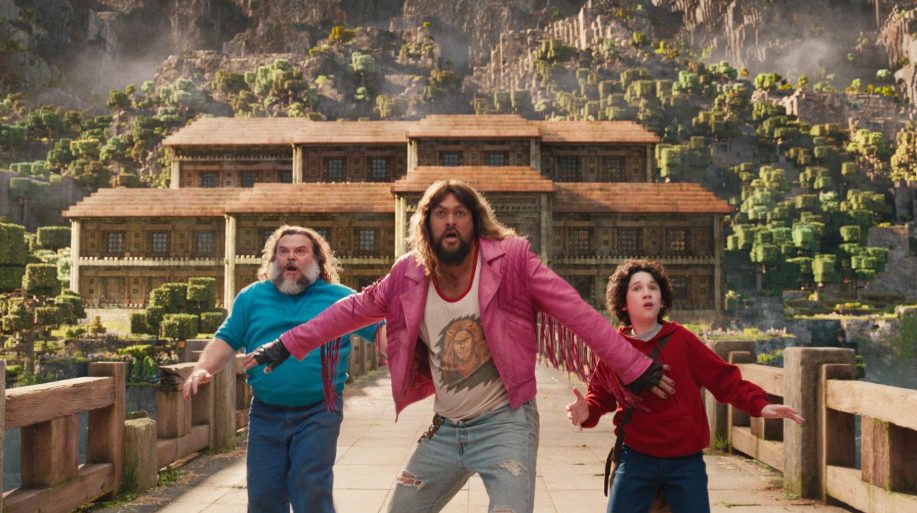Over 35 years ago Peter Weir released his mildly controversial teen drama, Dead Poets Society. This film grossed $235 million, making it the fifth highest-grossing film at the time, and had generally positive reviews from critics and viewers. However, some people believed that the topics mentioned in this film were problematic and unsuitable for a PG-13 audience.
This movie starred Robin Williams as John Keating, an eccentric English teacher at the prestigious all-boys boarding school, Welton Academy. Throughout the film, Keating influences his class to rebel against expectations through his teachings of poetry and individuality. He asks his boys to rip out textbook pages, stand on desks, and more. His unconventional teachings technically go against school policy, making him mildly disliked among Welton’s staff.
Other cast members are Ethan Hawke who played Todd Anderson, a quiet, nervous boy, who rooms with Neil Perry, played by Robert Sean Leonard. Neil is the film’s main character and has a tragic end. When Neil is first introduced, he’s depicted as a popular boy with a promising future and his father is stern that Neil must become a doctor.
As the film progresses, the audience sees Neil become more emotional and rebellious do to Keating. In fact, Keating’s teachings inspire him to try out for a play, despite his father’s improvement. Neil gets the lead of the play, which makes it apparent that he doesn’t want to become a doctor but only pretends to for his father. Neil’s father, who is referred to as Mr.Perry, eventually finds out about the play and decides to pull Neil out of Welton and enlist him in military school until he can begin medical school. Neil begs his father to let him stay at Welton but Mr.Perry refuses. That night, Neil walks into his father’s study and uses his father’s gun to take his life.
Neil’s untimely death was the main point of controversy and arguably the film’s worst quality. Many people believed that Neil’s death glorified suicide. An article posted on Affinity Magazine titled “Dead Poets Society’ is a Great Film – But It’s Also Highly Problematic” written by Lauren Cho discussed this.
“By comparing Neil and his subsequent suicide to Jesus Christ, the makers of the film glorify suicide. They see Neil’s suicide as a final act of rebellion against society, that his suicide was honorable and deserving of praise so high that it should be considered biblical.”
This is a valid argument considering the film is marketed as a teen drama, aimed at young adults. Displaying suicide as a heroic act was not a well-thought-out decision, especially considering the film’s PG-13 age rating.
Another writer who considered this film inappropriate is Elizabeth Matthew who stated in her article ‘The Case Against ‘Dead Poets Society”,
“When Keating is confronted by Welton’s headmaster, Mr. Nolan, and questioned about his unorthodox teaching methods, he replies that he “always thought the idea of educating was to learn to think for yourself.”
Her main argument about Keating is that he never wanted his students to think for themselves but rather to have his ideology. She believes this leads to Neil’s death because he was brainwashed by Keating and became distraught that he couldn’t follow his teachings. Matthew is a very credited writer and has many articles in USA Today and America Magazine, however, she is a freelance writer and isn’t credited as a film critic or reviewer and her opinion should not be treated as such.
Despite the film being controversial, without its controversy, it would not be as amazing of a film as it is. According to Noelani Mitchell in her article, “Carpe Diem, Why Dead Poets Society is the most important coming of age movie ever” an act of suicide is a realistic result of the oppression of self-expression.
“What Dead Poets Society contributes to this message is the unfortunate, but realistic consequences of suppressing creative expression, especially in our schooling systems.”
The author goes on to say that Welton Academy represents a cookie-cutter mold that society expects people to fit into and Keating is meant to break that mold through his lessons. It is important to note that Mitchell has no writing credits or film critic credits and her opinions on this film should be taken with a grain of salt.
Despite the controversy of the film, Dead Poets Society is a great attribute to the breaking of social constraints and the rebellion of adolescence. Although it may not have been properly suited for a PG-13 audience the film still deserves at least a 3.5 star rating and realistically a 4 star rating.
All in all, most people can agree that Weir’s very emotional film is a classic, albeit depressing, film. Despite upsetting many people the film remains a beautiful representation of heavy topics and how important it is to express individuality which is why it deserves a four-star rating.

